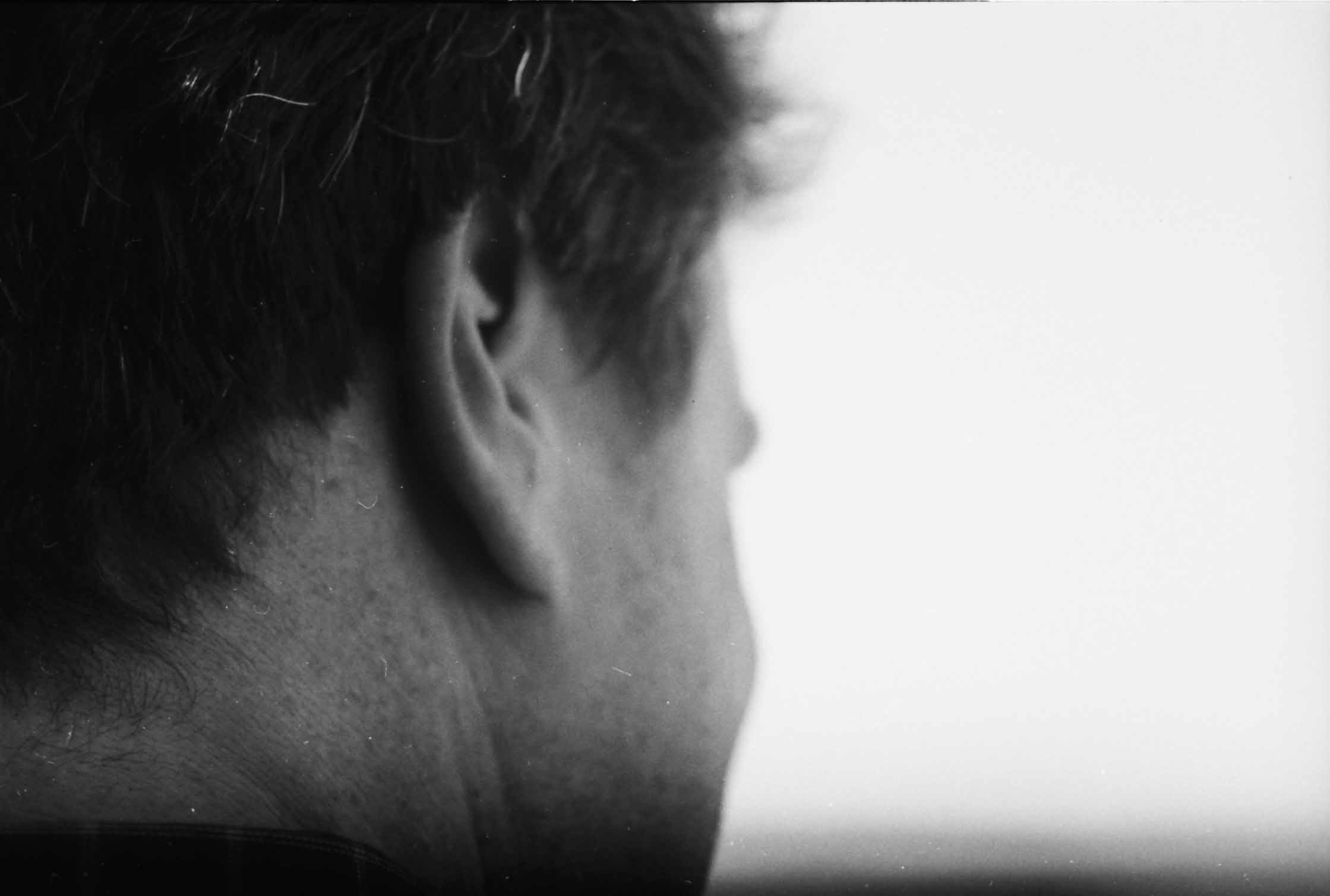I couldn’t quite make out what variety he specified, but I somehow knew his next word would be cancer. Him and his pet rabbit, whom he cuddled about his neck. The rain falls on the just and unjust alike.
“You shoulda seen me two months ago. I had lumps the size of this.”
“Well shoot, you coulda fooled me, you look all right,”
“But I’m weak. They had me in there…” he explained the details.
“Oh man, that stuff is no joke. I’ll be rooting for ya.”
“Well, I’m tellin’ you cause I’m not really getting any support from my family,”
“Aw man that’s no good,”
“And I could really use some,”
“Oh yeah,”
“And I know you radiate positive vibes, so if you throw any kinda positive vibes you can my way, I know this thing’ll work.”
We do what little we can, to make each day easier. I said, “oh, I’ll definitely be throwin’ all kindsa positive vibes in your direction. I think that type a stuff makes a real difference.”
“I do too.”
He enthused on how his medical team was a real crack outfit, angels and geniuses. I was glad to hear it. Beads of sweat were forming on his bald pate, though it was nearing a cool midnight. He mentioned how several experts of different disciplines had been brought in to consult with him on the psychological aspects of surviving the treatment. One was a social worker who insisted that being positive doesn’t matter, that he could think as negatively as he liked and the outcome would be unaffected.
We scoffed at the idea because we needed to, but also because we knew better, citing obvious examples of stress and anxiety manifesting themselves in one’s physical state. Grey hair on presidents and all. I told him of a nanny who used to ride my 3/4, Jemma, and how she was once healthy, then cancerous, then in severe chemotherapy, and then, at the end of it, healthy again. “So, it can happen,” I said. “She beat it.”
“Is she still beating it?”
“Yeah! As far as I know, yeah, she was doing good.”
I can still recall the excitement in Jemma’s face the night she told me it was over. Frailty vanishes first from the eyes.
We spoke some more, he and I, and it wasn’t until after he’d gotten off I realized we’d talked for several blocks about photography, my day, my interest in film, before he even mentioned his situation. My passengers didn’t know it, but I sat up there in my driver’s seat, quietly stunned. Such generosity. Can you imagine?
He whose life was now so involved in pain, endurance, the slow lament of nearby death… who took the time to consider my trivial cares. I was profoundly moved. Would that we all cared for others to such a degree.
Nathan Vass is an artist, filmmaker, photographer, and author by day, and a Metro bus driver by night, where his community-building work has been showcased on TED, NPR, The Seattle Times, KING 5 and landed him a spot on Seattle Magazine’s 2018 list of the 35 Most Influential People in Seattle. He has shown in over forty photography shows is also the director of nine films, six of which have shown at festivals, and one of which premiered at Henry Art Gallery. His book, The Lines That Make Us, is a Seattle bestseller and 2019 WA State Book Awards finalist.



